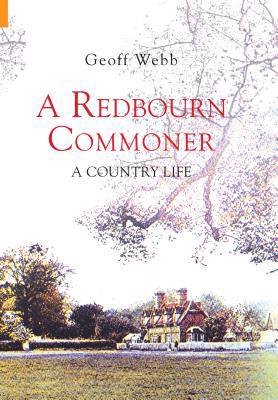
- Afhalen na 1 uur in een winkel met voorraad
- Gratis thuislevering in België vanaf € 30
- Ruim aanbod met 7 miljoen producten
- Afhalen na 1 uur in een winkel met voorraad
- Gratis thuislevering in België vanaf € 30
- Ruim aanbod met 7 miljoen producten
Zoeken
Omschrijving
Along with numerous other villages, since the Second World War, Redbourn's population has grown considerably, and its countenance altered. Situated between St. Albans and Dunstable on the old A5, the village used to be a stopping point for resting the horses drawing Royal Mail coaches en route for London or York, and one of Geoff Webb's ancestors actually worked on one of these. He remembers when fields reached the back fences of houses and cottages surrounding a large common, and the unique avenue of elms offered shade or protection from the elements to walkers travelling the common's central path to reach the High Street. At this time the River Ver ran on the eastern boundary of Redbourn, and was responsible for the growing trade in watercress. This book is of the country, and written by a confessed countryman, so hopefully, reminiscences of bygone village characters and events will rekindle the nostalgic thoughts of older residents - for the newer ones perhaps, moments of regret at having missed the boat.
Specificaties
Betrokkenen
- Auteur(s):
- Uitgeverij:
Inhoud
- Aantal bladzijden:
- 128
- Taal:
- Engels
Eigenschappen
- Productcode (EAN):
- 9781848681637
- Verschijningsdatum:
- 15/12/2008
- Uitvoering:
- Paperback
- Formaat:
- Trade paperback (VS)
- Afmetingen:
- 165 mm x 234 mm
- Gewicht:
- 295 g

Alleen bij Standaard Boekhandel
+ 36 punten op je klantenkaart van Standaard Boekhandel
Beoordelingen
We publiceren alleen reviews die voldoen aan de voorwaarden voor reviews. Bekijk onze voorwaarden voor reviews.







